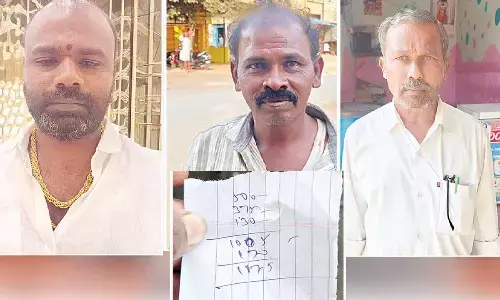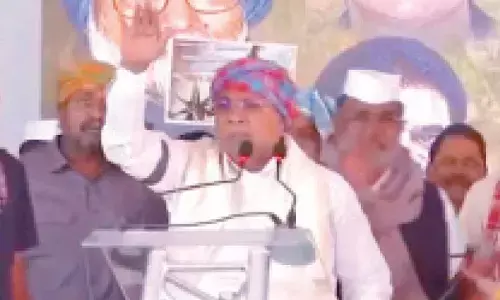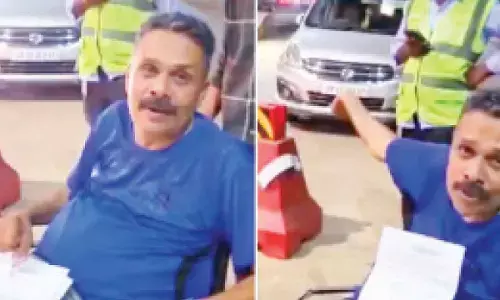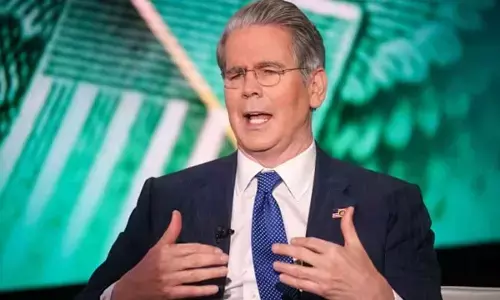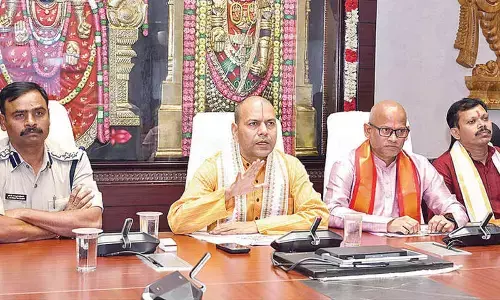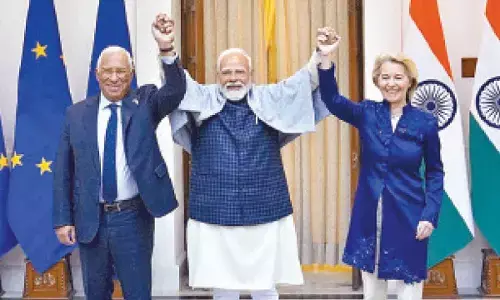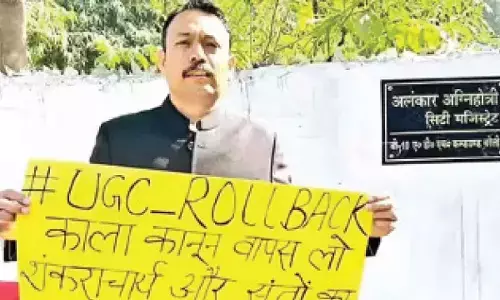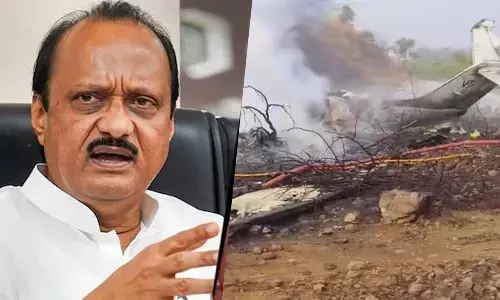Pakistan should not act at the behest of China
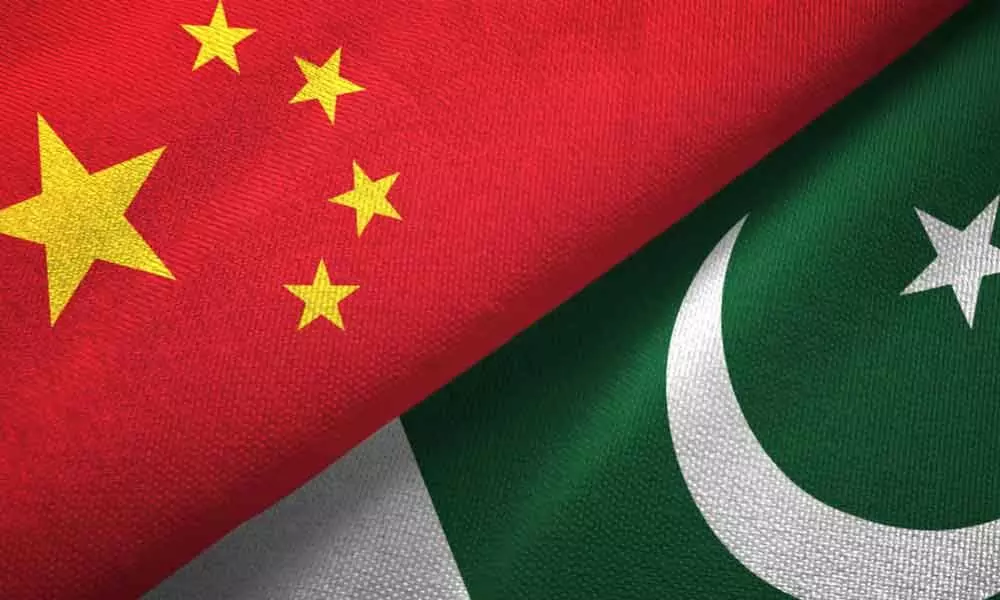
Pakistan should not act at the behest of China
The World Bank has expressed its inability to take an independent decision on the appointment of a neutral expert, which India prefers, or a Court of Arbitration, which Pakistan has asked for into to the Indus treaty, to settle the recent controversial issues between the two neighbours, saying they will have to “bilaterally” choose one option
The World Bank has expressed its inability to take an independent decision on the appointment of a neutral expert, which India prefers, or a Court of Arbitration, which Pakistan has asked for into to the Indus treaty, to settle the recent controversial issues between the two neighbours, saying they will have to "bilaterally" choose one option.
Pakistan had made a request for appointment of a Court of Arbitration (COA) while India sought a neutral expert to resolve their dispute on two hydroelectric projects. Because of two conflicting positions under the 1960 Indus Waters Treaty, the World Bank was facilitating the two governments to find ways in resolving differences and move forward.
There is no provision in the treaty for the World Bank to take an independent decision though it was part of the 1960 treaty and had been "sitting" on Pakistan's request for a COA for almost four years now.
Pakistan has been asking the World Bank to recognise its responsibility under the Indus Waters Treaty of 1960 to address its concerns over two disputed proposals — 330 MW Kishanganga project on the Neelum river and 850 MW Ratle Hydropower project on the Chenab — and play its role to ensure that India abide by the provisions of the 1960 treaty while building the projects. There is a considerable hardening of stance on both sides recently.
After the Galwan skirmish between India and China, Pakistan could be said to have started playing a bit dicey. India has already completed the Kishanganga project during the period the World Bank "paused" the process for constitution of a Court of Arbitration (COA) as requested by Pakistan in early 2016. The Pakistani request was countered by India by calling for a neutral expert.
In Dec 2016, the bank had announced that it had "paused" the process for either appointing a COA or a neutral expert, and started mediation between the two countries on how to advance and develop consensus in the light of the treaty on the mechanism for resolution of faulty designs of the two projects.
Pakistan does not like the World Bank's stand on projects in disputed areas (which it does not fund) and keeps insisting that Diamer-Basha Dam be funded just as the Banki supported Dasu-I and II on Indus. India has suggested to Pakistan that the talks for discussing pending issues under the Indus Water Treaty (IWT) be held through video-conferencing in view of the coronavirus pandemic, but Islamabad has been insisting that the parleys be conducted at the Attari check post.
In a letter last week, the Indus Commissioner of India told his Pakistani counterpart that it is not conducive to hold the meeting at the Attari Joint Check Post due to the pandemic. It may be recalled that on Pakistan's request, a meeting was scheduled in the last week of March to discuss the pending issues.
However, it was deferred due to the pandemic, Pakistan accuses India of waging a water-war here which is only laughable, at the best. India has always stood for peace and good neighbourly relations and will do so in future too. Let Pakistan not overreact, at the behest of China.








